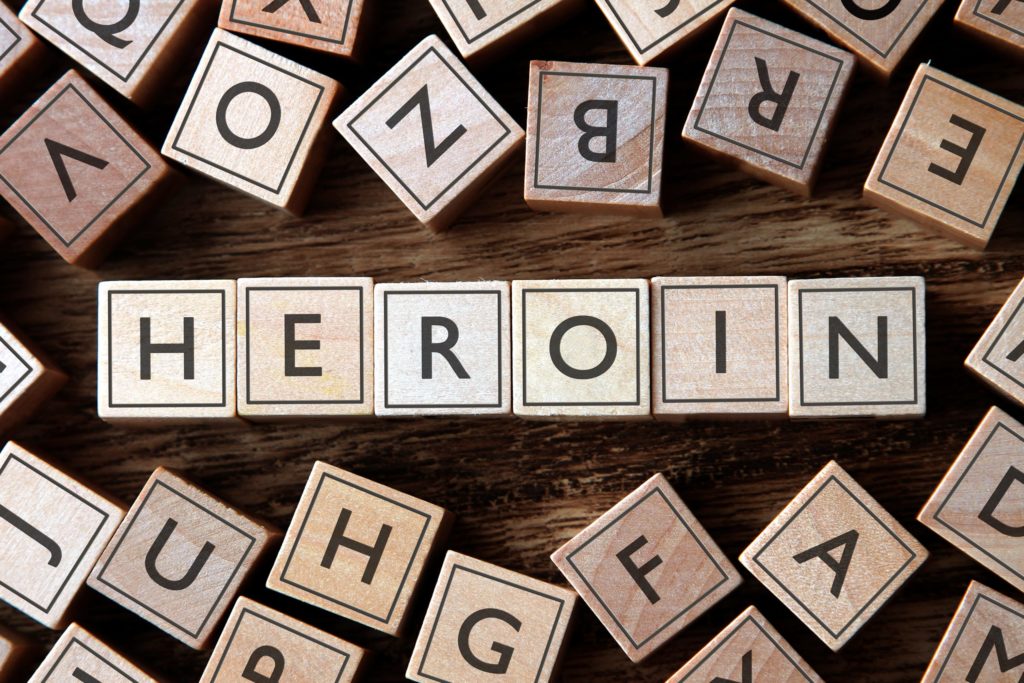Love addiction isn’t always as easy to recognize as other forms of addiction. While drug addicts and alcoholics frequently show signs of slurred speech, bleary eyes or staggering, love addicts may appear completely normal. Many love addicts go through their lives without ever realizing that they were suffering from a form of addiction. Family members and friends who are frustrated with your codependent behaviors may be equally unaware that your relationship issues are actually a problem with addiction. Like other forms of addiction, love addiction can have a big impact on other areas of your life. Love addiction is most evident in your romantic relationships or in the panic you feel between relationships. But it can affect other relationships, too. If you are a love addict and a parent, you may also relate to your children in an unhealthy, codependent way.
Loving Your Children Too Much
You probably already know that you have a pattern of loving too much. Your life usually revolves around your spouse or significant other, but your compulsion to be constantly connected to others carries over into your other relationships, including the relationships you have with your children. You love your children with all your heart, maybe even obsessively. When a child is a baby, he or she needs constant care. As a codependent, you are happy to revolve your life around your child’s needs. But as the child starts to grow, your attentiveness may turn to smothering. You may be reluctant to let your children get too far away from you or participate in activities that don’t include you. You only feel fulfilled or complete when you are together.
Attachment and Hovering
The attachment you felt when your child was a baby is threatened as he or she grows and strives for independence. He or she no longer needs you 24 hours a day. There is a difference between offering loving support to your child and instead offering suffocation. This difference may not be obvious to you if you are a love addict. Are you constantly hovering over your child like a shadow? Do you try to get in the middle of disagreements between your child and other children? Do you discourage your child from trying new things, particularly if there is risk of injury or separation from you? Consider whether your attachment may be going too far.
Cultivating Dependent Children
When a parent is a love addict, he or she is teaching children to be dependent rather than independent. Children of love addicts may start to believe they aren’t capable of solving their own problems or trying new activities, because a parent is always nearby and always getting in the middle of everything. At the same time, you may feel a little bit resentful of how clingy your children have turned out. You wonder why you can’t make a phone call without interruption or why you have to give up so much of your free time for your children. You can’t read a book, go out with friends or take a nap without your children needing something. You may not be aware that the cycle of dependence in your relationship with your children was started by you. You have encouraged them to be completely dependent on you. Feeling attached makes you feel complete, and you are creating children who also need to be continually attached.
Awareness and Recovery
Pay attention to your behavior with your children and be aware that you may not only be looking for too much love and attention from them, but also teaching them to need constant attention as well. If your children seem to expect too much from you, such as for you to continually entertain them, consider whether you have ever encouraged them to strive for independence. Awareness is the first step toward recovery from codependent behaviors. You may want to reach out to a counselor who is familiar with problems with codependency or attend meetings of Co-Dependents Anonymous. Learning to focus on your own life will make you a happier person and a better parent. It is possible to recover from love addiction, and as you get healthier, you will be able to avoid passing on unhealthy ways of relating to your children.

